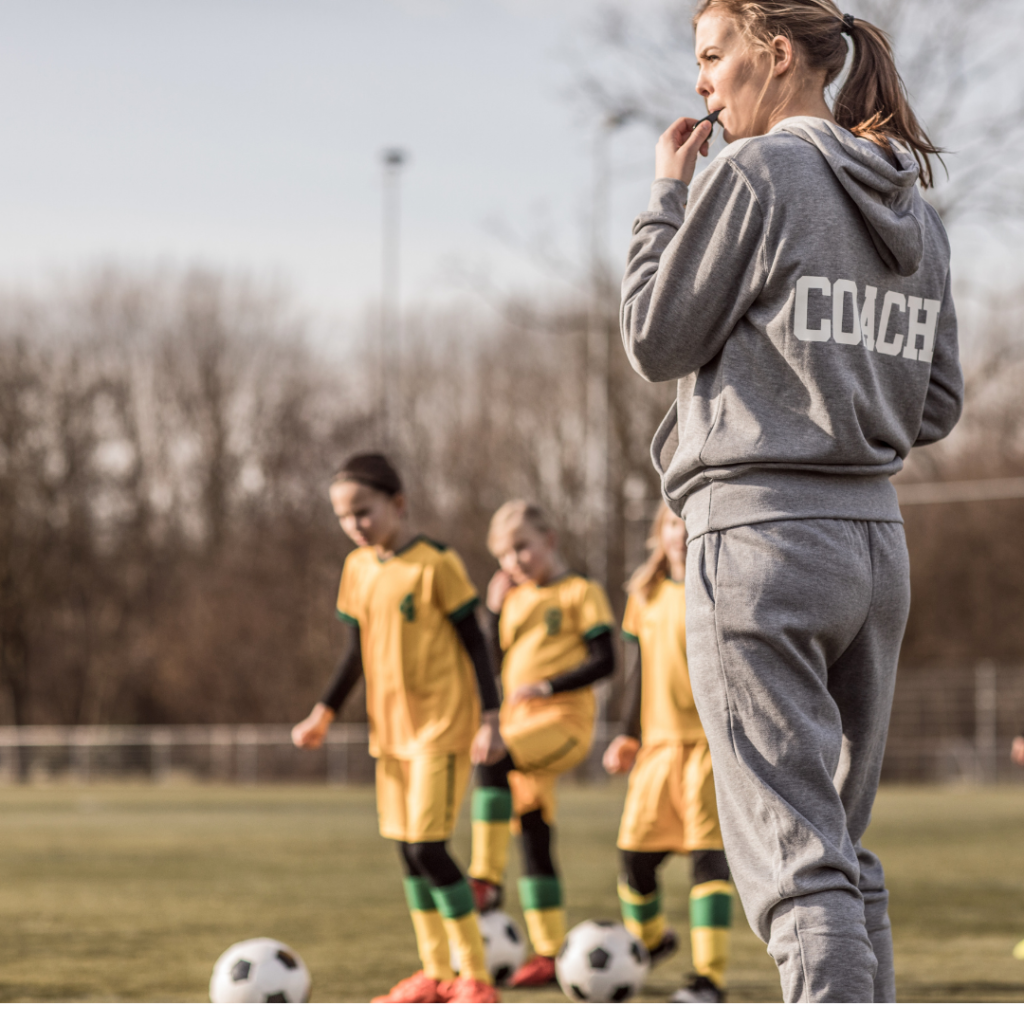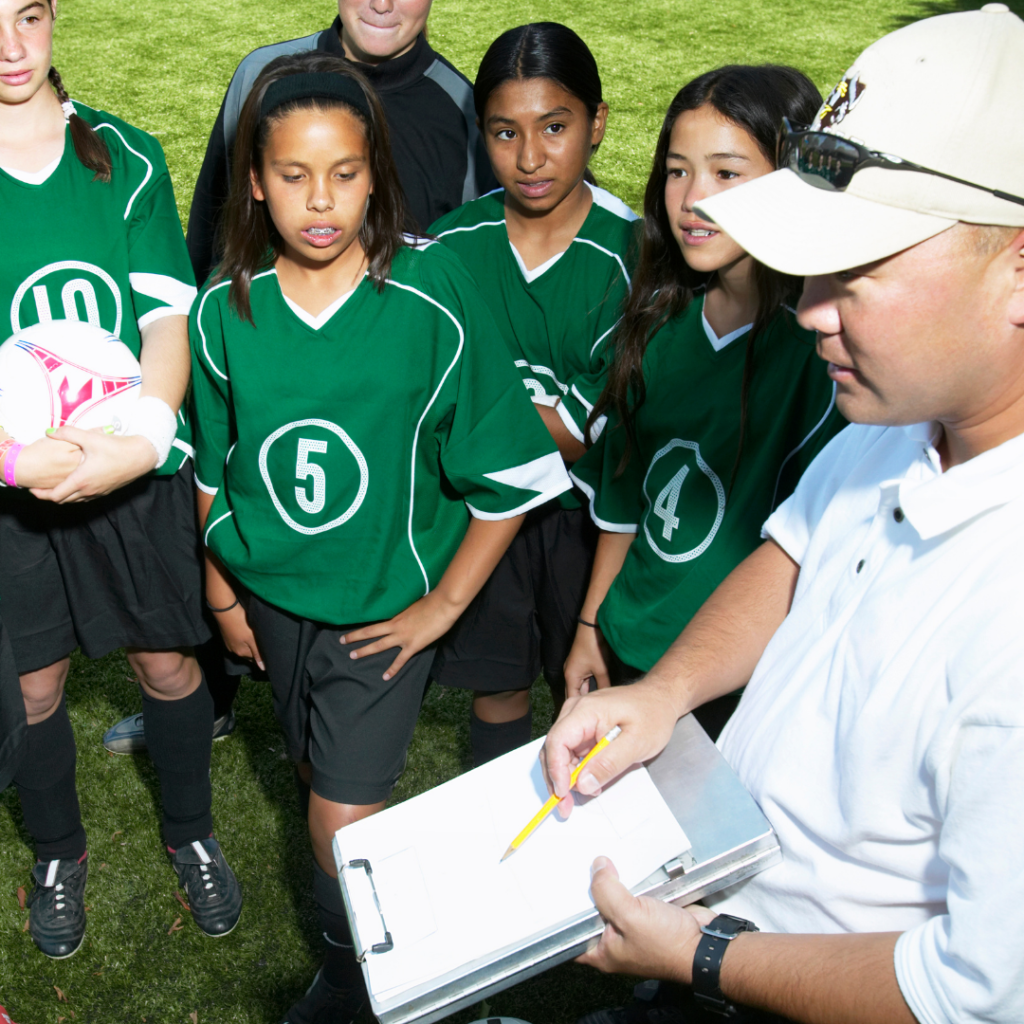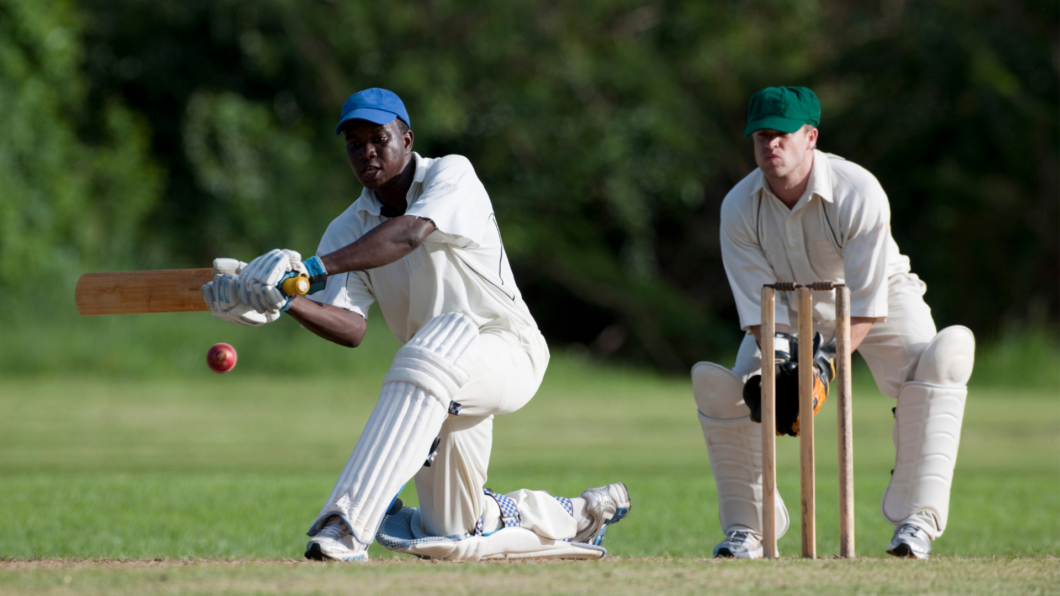‘The year 2020 is cancelled’, ‘is this reality now’ ,‘the world has gone crazy’. These are just a few of the phrases that I have heard since Covid 19 came around. Everyone all around the world is experiencing the impacts of covid 19, the biggest events in the world are being postponed, competitions are being canceled, training facilities are closing- so where does this leave athletes? I’ll tell you where it leaves them, confused, frustrated, and emotionally detached from their sport.
Challenges that athletes faced during Covid19
Without a doubt, covid 19 has been the biggest barrier within sports that any country has experienced before. You have hard-working athletes who are now lost, they don’t know who they are without their sport. Many feel demotivated to train because of being out of play for so long and lacking progress that they previously made; This has become an ongoing battle as even without the motivation, there are still other mental and emotional hurdles that they have to overcome with covid still looming one year on. As a former athlete, I can relate to current athletes as it is an emotional and draining journey when all you can do is play the waiting game and hope for good news to come around

During an interview with my peers, I spoke to student-athletes who are competing at different levels. Many of them expressed that this journey was an ‘emotional rollercoaster. They found it extremely difficult to train and adapt to the new training system. During an interview with Charlie, a friend of mine, who is a British National contender athlete in motocross mentioned that ‘ it is hard to train, persevere and be resilient when you feel nothing’.
These athletes were constantly having a tornado of thoughts circle their mind, the most common one being ‘is this ever going to end?’. In addition to uncertainty with training, many athletes were missing the social and recreational benefits of sports. When speaking to another friend of mine, who is an 18-year-old male participating in recreational boxing expressed that he ‘got trapped in a dark place during lockdown and training was his escape’. He is still longing to feel normal

What can athletes do to help themselves during the pandemic?
In order to face up to reality and make the best out of a bad situation, athletes have been using zoom to train with their friends, complete exciting challenges with each other as well as catching up which boosts their motivation. Additionally, I would recommend working individually to improve your skills and further develop tactical knowledge within your sport. As an athlete, if you are really struggling to deal with all these different emotions, the best thing that I can recommend is breathing techniques and visualization skills. You can watch YouTube videos and follow meditation programmes to improve your mental skills. Find two brilliant videos on ‘powerful visualization techniques’ and ‘Wellness during covid strategies below:
The best piece of advice that I can give athletes during this challenging battle is that you shouldn’t look back on the past, you can’t change it. You can either run from it , learn from it or face it. I know which route I would take… do you?
As Mohammad Ali had once quoted ‘its lack of faith that makes people afraid of meeting new challenges, and I believed in myself’
What can coaches do to help the current situation?

Coaches are generally everyone’s heroes. However, this pandemic has been just as difficult for them. This is because they didn’t know how to deal with the situation, how they would stay communicated with their team, keep them active and continue to enjoy the sport at the same time. During an interview with my friend Neve, who is a 17-year-old female who plays football for a club and an academy quoted that her coaches ‘ set them workshops to participate in such as mini football, psychology workshops, skills and tactical workshop, a Hit challenge workshop and many more’.
This was the perfect solution as it included exercise, interaction, socializing, enjoyment, and inclusivity. Coaches also, made it aware to the athletes that they can attend whichever workshop they felt comfortable enough doing and would set them their own challenges to still keep them involved and active.
As a coach, the most important strategy that they can put in place for athletes is to build their athletes intrinsic motivation and work with them on an individual basis to help and encourage them to take risks in training. Athletes can work on their skills (technical, tactical or psychological) that are out of their comfort zone because when they have an end goal such as competition, they don’t get the opportunity to be creative. By allowing athletes to follow their heart during training, coaches can facilitate their development and discover new talents within an individual athlete.
“Remember, an athlete isn’t an athlete without the support of their coach, and a coach isn’t a coach without the commitment of an athlete.”
Coaches- A support hook or a runaway train?
A coach, what do we relate to them as? Role models, someone who supports us and Someone who makes us feel capable of achieving anything. Support isn’t just focused on well-being, its also focused on supporting your career as an athlete and everything that comes within that. During an interview with one of my peers who is a 16-year-old female athlete who also plays football, she stated that ‘throughout lockdown, she didn’t get the support that herself and her team thought that they deserved.’ There was a lot of uncertainty and worry travelling around which was inevitably going to make the situation worse for the athletes.

Many Coaches who supported their athletes throughout the challenges related to the global pandemic, a round of applause goes to you! It has been equally challenging for both, coaches and athletes. It has been a frustrating rollercoaster which we never thought would come to a stop. I believe that for coaches to support their athletes, they should use the self-determination theory as guidance. The self-determination theory addresses three different ways in which to cultivate intrinsic motivation. They are as follows:
- Autonomy– Support your athletes by giving them the independence to work on what they want, rather than telling them what they must do. Unstructured training will allow athletes to explore new horizons. For example, a rugby player who plays defense might want to try a new position, and who knows, he might excel at it.
- Competence– Let your athletes show off their skills, reward them and empower them to step out of their comfort zone when it comes to learning new skills or tactics. For example, as a former cheerleader, we had training sessions where each individual had an opportunity to present their skills. This allowed everyone to learn more from each other at an individual level.
- Relatedness– As a coach, you are part of their team and their journey. You belong together, so use that to your advantage and perform bonding sessions and freestyle sessions to let your athletes express themselves without having to control their emotions in structured training sessions.
If you follow these steps, your athletes will be back in the game in no time as their engagement levels will rise and your support will make them feel like a star.

For example, I interviewed my peer Liv who is a coach at the under 8’s football team. Due to this whole situation being new, she took every day as it came with a positive mindset. As a coach, it’s important to set an example to be happy, positive and engaging. During the interview, Liv mentioned that in order for the athletes to perform well, they need to be in a comfortable environment. If they weren’t comfortable, then the coaches would change their ways of training in order to make sure that all athletes are comfortable within the environment and want to participate because otherwise they will lose motivation and as a whole, you’ll be back to square one
The solution to any problem is simple… It is time consuming but if the coaches are good at communication and understanding, adaptations can be made effortlessly. Other ways of making it easier would be training in smaller group, creating individual social development plans and having specific training sessions to suit all athletes’ abilities and needs. -it is important that despite the situation, all athletes are still able to enjoy the social, physical, and psychological benefits of sport.
“Sport needs to be something that you enjoy, not something that you fear.”
Coping with Social anxiety
When it comes to social anxiety, we cannot deny that it might exist among athletes after such a long period of isolation from their teammates. My advice to all athletes who are struggling right now is that you need to look on the brighter side, boost your positivity because there is no point in being worried about the past or anticipating what can happen. Each and every individual is different, but we can all agree that our performances may have decreased, but this isn’t a bad thing! You will come out stronger.
Social anxiety is the fear of social situations which include worrying about social gatherings whether that be with strangers or friends, how to act around them and constantly feeling on edge. During lockdowns, social anxiety has increased within people of all ages by a variety of triggers; however, the main one is linked with the virus and the never-ending isolation from friends and family. Due to being stuck in lockdown, individual’s social interactions have not been challenged as they have been alone and in their own comfort. Therefore, preparing for normality again triggers their anxiety.

Tips to overcome social anxiety:
- Socialize with individuals by phone, text, video, social media, or email.
- Don’t stress about the outcomes of a situation, think about what you can do to help yourself – breathing techniques, muscle relaxation.
- Exercise when possible to help to clear the mind.
- Focus on what is in front of you, not in the past.
- Focus your energy on other people to escape from your mind.
- People who you want in your lives will accept you if you accept yourself.
Think about right now and live in the moment. This is your opportunity to come back stronger, prove yourself to be the outstanding athlete that you are, spend time with your teammates who you cherish rather than letting fear and doubt override your mind.
One thing that we can take from this is, is that we’re all in this together
About the Author

Daniella Jordan will pursue Sports and Exercise Psychology at University in September 2021. She has competed in Gymnastics and Cheerleading.
Being an athlete was always something special to me. It gave me the confidence to become who I am today and allowed me to express myself while enjoying new opportunities. From a young age, I have been competing in gymnastics and cheerleading. My passion for sports and the happiness it gives me are indescribable.
I want to learn how the athletes manage their emotions, the pressures they are put under and any challenges they face when they compete in the sport. I am excited to learn more!
